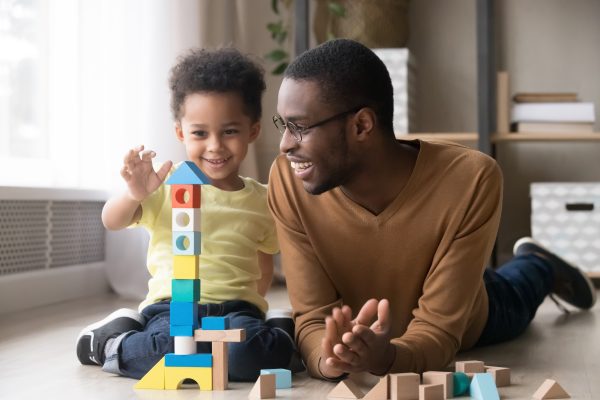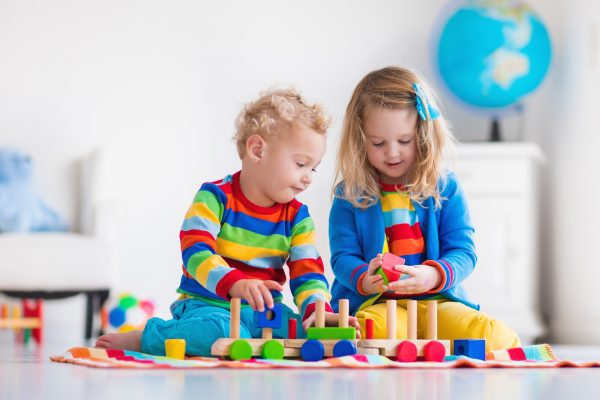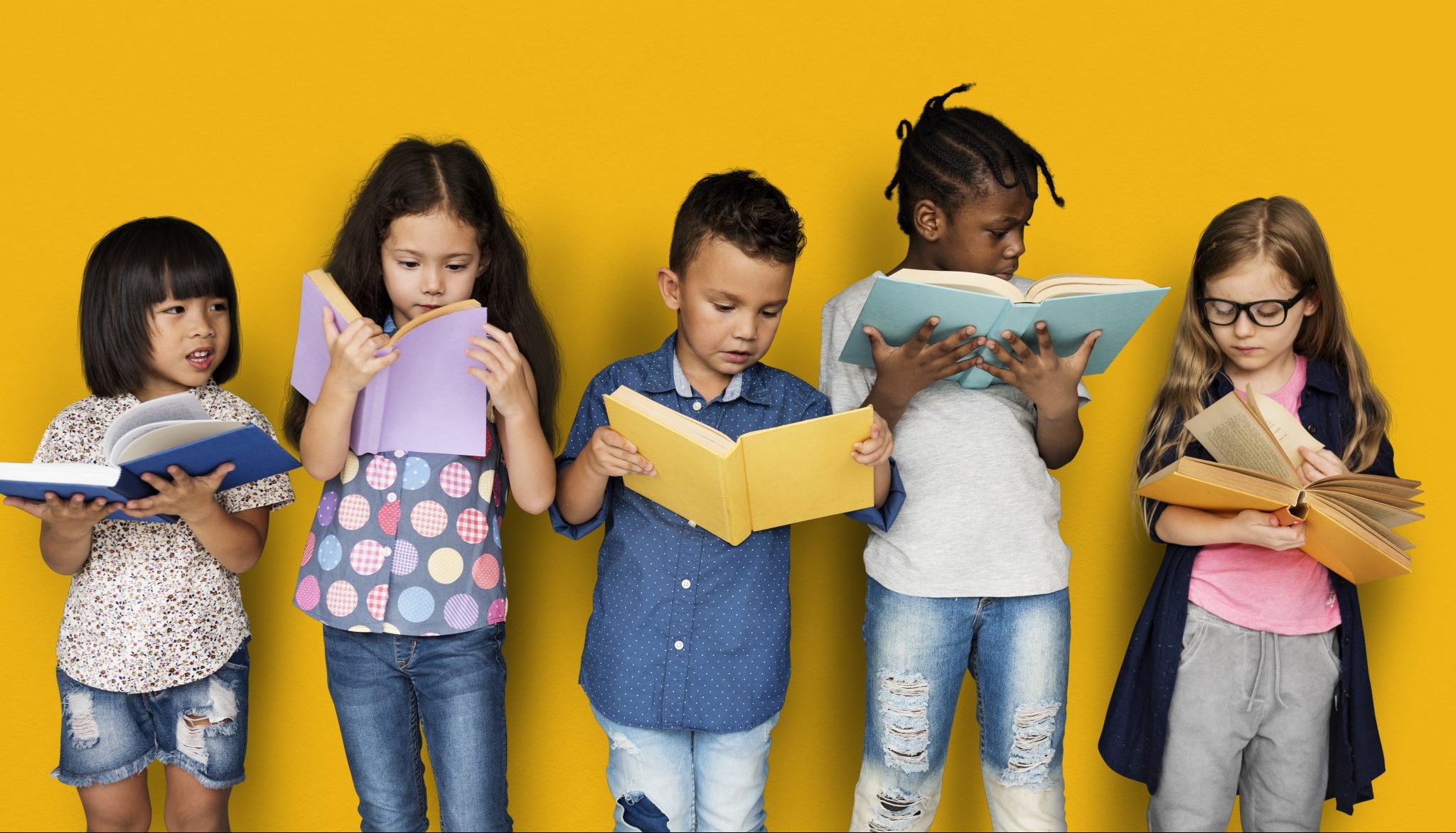Home & Family

In this overview, we introduce you to key resources and concepts included in the School Readiness Series.
Foundations for School Readiness
Reading & Numbers
Children learn skills to help them read and write, before they actually read and write. This is called emergent literacy. For example, children pretend to read and write, show interest in print materials, and begin to recognize letters.
Social & Emotional Skills
Children who are confident and curious, and who can communicate well and relate to others tend to be successful in school. Adults that are responsive and tuned in to children help develop these skills.
The Importance of Play
Children learn through play and as they grow, play becomes more complex and social. Through free play, children learn to work with others, solve problems, and discover other people’s viewpoints.
Extension Resources for Parents and Teachers
Begin Education Early (BEE series)
This series covers special topics for preschool age children.
Ages and Stages
This easy-to-read series introduces parents to essential expectations for their child. The series starts at 0–4 weeks and finishes at 5 years.
Self-Aware
This series introduces parents to reflections and ideas for raising socially and emotionally aware children.
Principles of Parenting
This series explores parenting issues such as child guidance, toilet training, parental self-care, and how to communicate effectively with your growing young child.
Reading & Numbers
Conversational (dialogic) reading is an interactive way of reading picture books with children. Adults ask children questions and encourage children to add to the story. In other words, children become storytellers and adults become active listeners. Doing active reading with children helps them develop higher levels of verbal fluency and expressive vocabulary.
Numeracy is the ability to reason and apply basic concepts of math. Young children explore math by counting, sorting, ordering, matching, measuring, and exploring patterns. Parents can help their children develop math skills through routine activities such as cooking, sorting laundry, playing games indoors and outdoors, and shopping.
Social & Emotional Skills
When children interact with caregivers, they develop social emotional skills, such as the ability to communicate. When parents sensitively respond to children, parents help children develop trust and security to explore the world.
Growing Through Play
Children learn and develop through play. Common household items, such as kitchen bowls and nonbreakable containers, make great toys for children. Play changes over time and becomes more social as children grow. Parents can help children develop social skills by creating a play environment that allows creativity and curiosity. When parents respond to their child’s needs, children learn self-control. As children grow older, adults can engage children in deeper learning by asking questions about what they see and experience during play.
Growing Socially Through Play
- Unoccupied play: Child explores things around them.
- Solitary play: Child plays alone.
- Onlooker play: Child observes other children playing, but does not play with them.
- Parallel play: Child plays alone, but copies others. Children play side by side.
- Associative play: Child interacts with others, but play is not structured.
- Cooperative play: Children play in groups with organized activities and assigned roles.
Additional Resources
- Ready at Five
- www.readyatfive.org
- Zero to Three
- www.zerotothree.org
- Learning to Play and Playing to Learn: Getting Ready for School
- www.beststart.org
- National Association for the Education of Young Children
- www.naeyc.org
- Mathematics: Promoting Good Beginnings
- Learning and Developing Through Play
- www.ncca.biz
- Reading Together (Dialogic Principles)
- www.raisingareaderma.org
- Extension School Readiness Series
- Overview for Parents and Educators
- Parents Get Ready! (Advocacy Information)
- Children Get Ready!
- BEE Series (Begin Education Early, No. 1-9)
- Just in Time Parenting
- Subscribe for free newsletters at: jitp.info
- Suscríbase al boletín informativo para padres Just in Time en jitp.info/es
Be Engaged!
Talk with your teacher or parent about other resources. As a parent or caregiver, you can do many things to prepare for your child and yourself for a good first day. Most of all, be ready to have fun!
 Silvia Vilches, Extension Specialist, Assistant Professor, Family and Child Development, Debra Ward, Regional Extension Agent, Beth McDaniel and Ania Craig, Graduate Research Assistants, Human Development and Family Science, Auburn University
Silvia Vilches, Extension Specialist, Assistant Professor, Family and Child Development, Debra Ward, Regional Extension Agent, Beth McDaniel and Ania Craig, Graduate Research Assistants, Human Development and Family Science, Auburn University
New February 2022, School Readiness Series: Overview, FCS-2556

